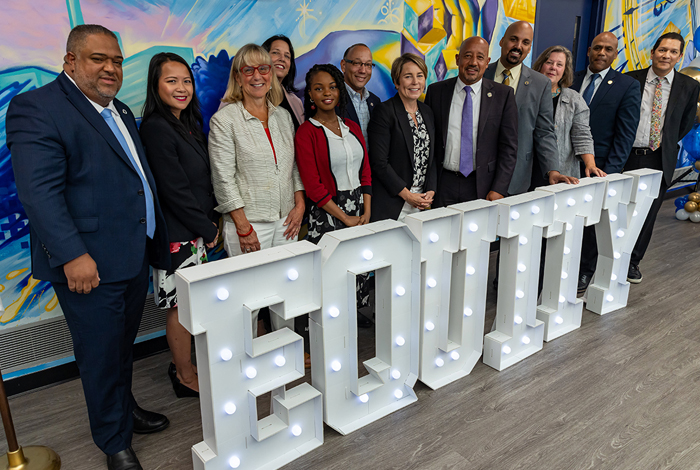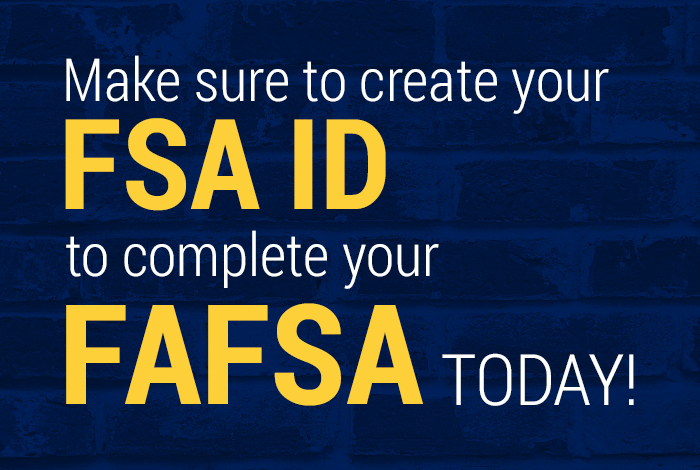


On May 5, 2025, the Trump Administration ended a pause on involuntary collections of federal student loans that are in default. This pause was put into place during the COVID-19 pandemic. Residents with loans in default could have federal income tax refunds taken, a portion of their wages garnished, or their Social Security benefits reduced.
The Office of the Massachusetts Attorney General (AGO) has resources and information available to guide borrowers on managing their loans. Crucial information from this page is highlighted and linked below.
Massachusetts residents with student loans should check to ensure their loans are not in default or delinquent.
What if I am at risk of defaulting on my student loans?
Borrowers at risk of default should act immediately by contacting your loan service provider. A new company may be servicing your loans, as many loans changed servicers during the pandemic. Your studentaid.gov account will identify your servicer’s name and contact information.
Your loan servicer’s role is to recover payment, and you must advocate for options that meet your own needs.
What if I have questions or concerns about my loan servicer’s conduct or tactics?
If you live in Massachusetts and have a complaint against a student loan servicer, you can file a Student Loan Help Request with the Attorney General’s Ombudsman’s Student Loan Assistance Unit.
What if I have already defaulted on my student loans?
If you have already defaulted on your student loans, your two options are rehabilitation or consolidation. Learn more about these options here.
Beware of Scams
Look out for companies asking you to pay “enrollment,” “subscription,” or “maintenance” fees to enroll you in a federal repayment plan or forgiveness program. Borrowers do not have to pay to receive help with loan services, including consolidating federal student loans or applying for an income-driven repayment plan. Your student loan servicer can help you with this for free.
Never give your personal information (like your FSA ID and password, social security number, bank account information) or money to unidentified callers, or to a link provided via text or email. If you are suspicious of a company contacting you, contact your current servicer. More tips on spotting scammers can be found on the Consumer Financial Protection Bureau’s fraud and scams page.
Resources
In addition to the resources listed on the AGO’s website, The Institute of Student Loan Advisors Corporation (TISLA) offers free student loan advice.



Get in Touch
Office of Student Financial Assistance
(617) 391-6070
135 Santilli Highway
Everett, MA 02149
Contact & Staff Directory
Department of Higher Education
Who We Are
Office of Student Financial Assistance
Department of Higher Education
Commissioner Noe Ortega
Board of Higher Education
Public Colleges & Universities System
Quick Links
Commission on Higher Education Quality and Affordability (CHEQA)
Free Community College
Tuition Equity
Advisory Council to Advance Representation in Education (ACARE) Report
Eastern Nazarene College (ENC) Closure
Institutional Transitions & Closures
Public Notices of Financial Assessment
MassTransfer
SARA
©2000-2026 Massachusetts Department of Higher Education. All Rights Reserved.